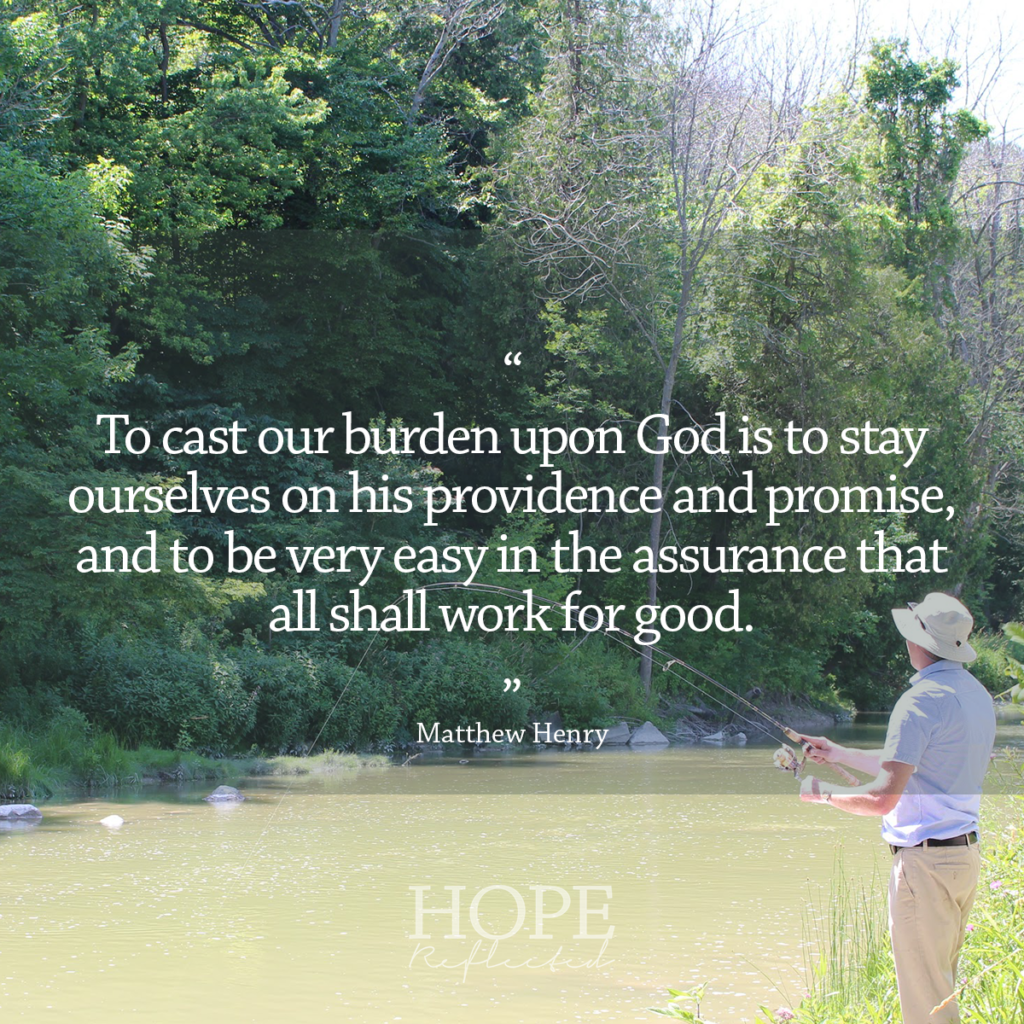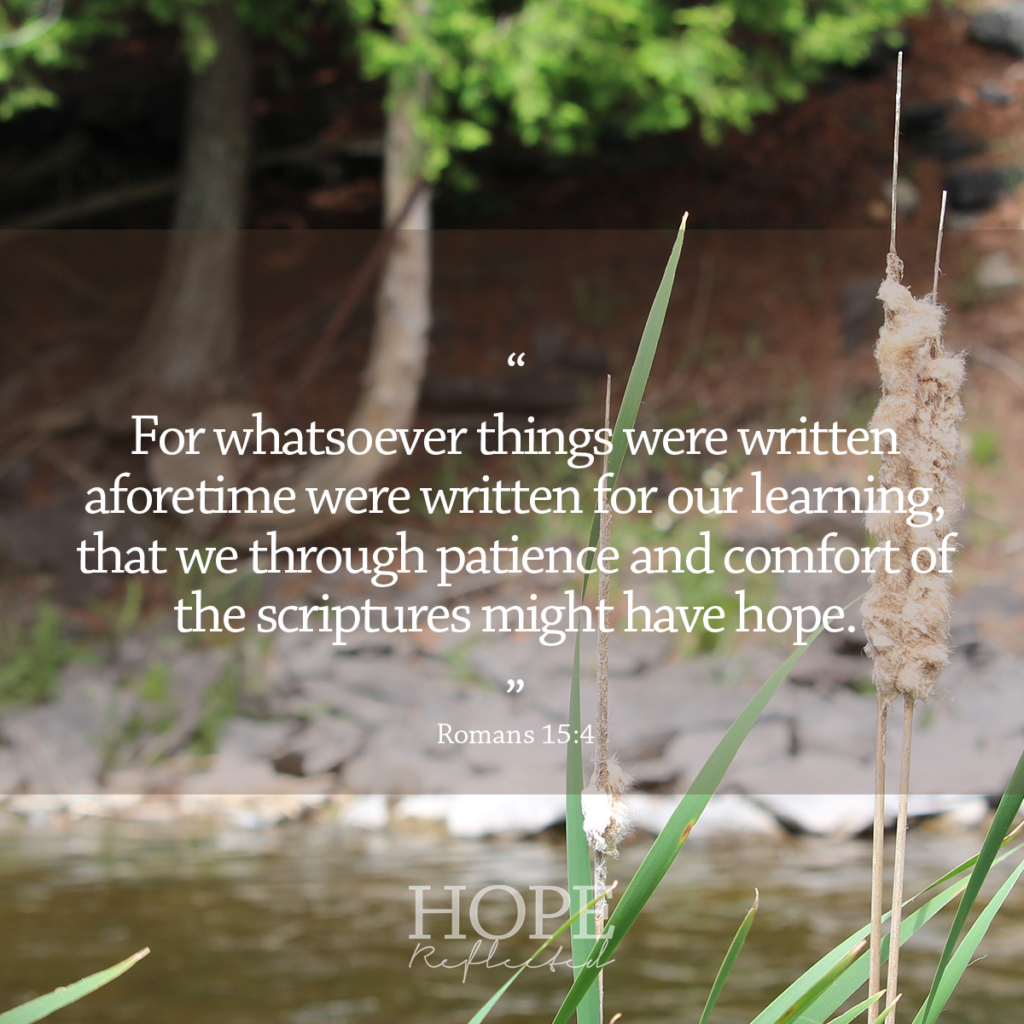Trust Issues
Written by H, Posted in Christian Living, Published Work

Everybody trusts in something, and it is amazing what people will stake their eternal destiny on – good works, generosity, and even other people. The Bible provides encouragement and examples about trusting God. It also shows us some of the areas where we shouldn’t place our trust. We are not to trust in our works (Jeremiah 48:7) or our righteousness (Ezekiel 33:13). Isaiah wrote in Isaiah 64:6, “all our righteousnesses are as filthy rags; and we all do fade as a leaf;” – our greatest works are worthless because in ourselves we are not sufficient. Isaiah continues that the Lord can be trusted, because He is our Father, our potter, and we are the work of His hand.
The dangers of trusting in things other than God
Another area we shouldn’t put our trust is in our riches. In Psalm 49:6-7, the sons of Korah wrote about the dangers of trusting in material wealth: “They that trust in their wealth, and boast themselves in the multitude of their riches; None of them can by any means redeem his brother, nor give to God a ransom for him:” There’s nothing wrong with making money or storing up savings, but when we start to trust in our riches rather than God, we’re headed for trouble.
“And they that know thy name will put their trust in thee: for thou, LORD, hast not forsaken them that seek thee.”
Psalm 9:10
Rather than our own works and riches, we should trust in the name of God. There is power in the name of the Lord! David wrote in Psalm 9:10, “And they that know thy name will put their trust in thee: for thou, LORD, hast not forsaken them that seek thee.” We can trust the Creator of the Universe. There is a great relief when we stop searching for our own sufficiency and we choose to rest in Him. “The name of the LORD is a strong tower: the righteous runneth into it, and is safe.” (Proverbs 18:10)
Trust in God’s mercy
Not only is the name of the Lord a strong tower, it is because of His mercies that we are not consumed (Lamentations 3:22). Even when it feels like God forgets us, or like He can’t hear us, we can trust in His mercy. When David wrote Psalm 13 and Psalm 52, he was enduring seasons of darkness and sorrow. After lamenting to the Lord about his pains and the people fighting against him, take notice how he finishes his prayers: “But I have trusted in thy mercy; my heart shall rejoice in thy salvation.” (Psalm 13:5), “But I am like a green olive tree in the house of God: I trust in the mercy of God for ever and ever.” (Psalm 52:8)
“Trust in the LORD with all thine heart; and lean not unto thine own understanding. In all thy ways acknowledge him, and he shall direct thy paths.”
Proverbs 3:5-6
Although he was enduring hardships, David could flourish and rejoice because he trusted in God’s mercy. Proverbs 3:5-6 tells us that we should, “Trust in the LORD with all thine heart; and lean not unto thine own understanding. In all thy ways acknowledge him, and he shall direct thy paths.” Our hearts are deceitful, our feelings change frequently, and despite what some of us think, we don’t actually know everything. God on the other hand never changes. His heart doesn’t change; His feelings don’t change; He knows all and we are in the palm of His hand. We can trust Him!











![False friends or counterfeit kindness; whatever you want to call it, the world is filled with people who will say one thing to your face and then another behind your back; people who will woo you in order to get something from you.
It’s sad, but it’s true.
The Bible provides us with examples from Joab to Judas, and yet, we’re surprised when we find ourselves deceived and hurt by someone else.
So what are some of the hallmarks of a true friend?
You can read more about this on hopereflected.com [Link in profile]
.
.
.
#friends #friendship #kindness #counterfeitkindness #hurt #proverbs #truefriends #hopereflected #blog #blogpost](https://www.hopereflected.com/wp-content/plugins/instagram-feed/img/placeholder.png)